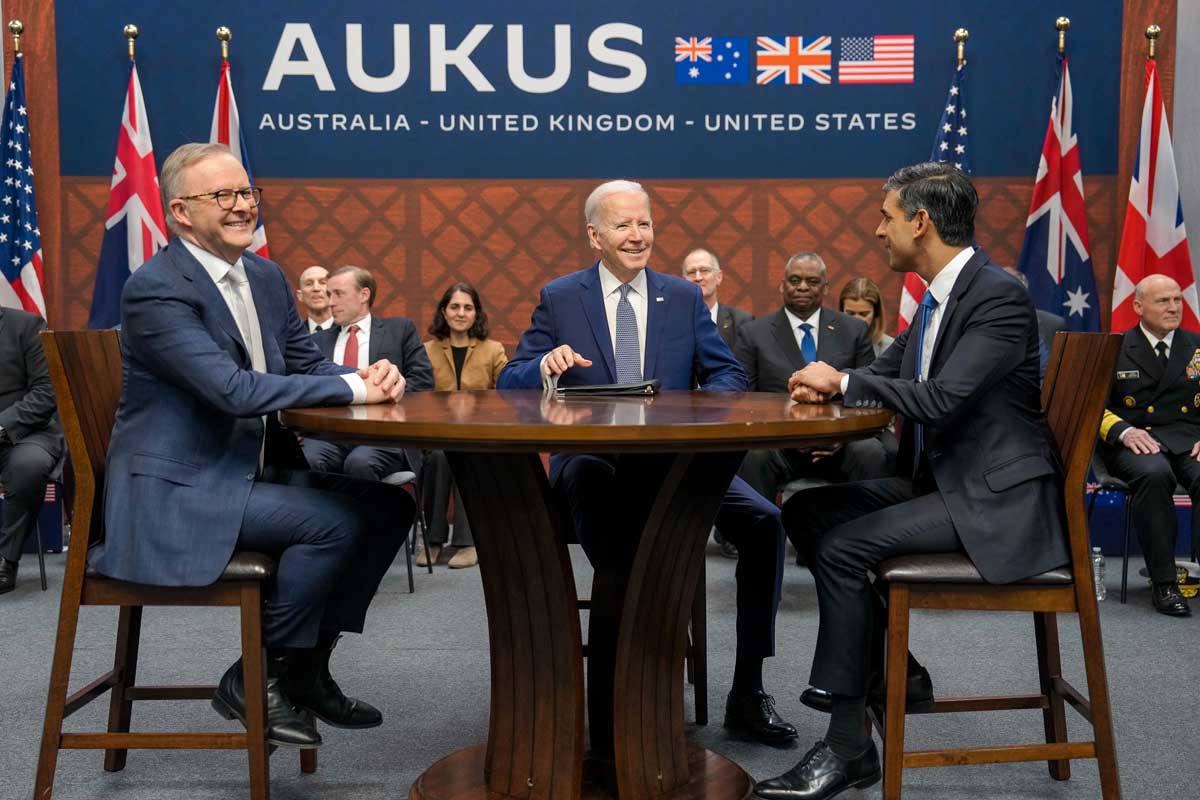midtoad.org – Australia’s position on the global stage is defined by its strategic alliances, diplomatic engagements, and commitment to international cooperation. As a middle power, Australia navigates international relations with a focus on maintaining regional stability, promoting economic prosperity, and addressing global challenges.
Strategic Alliances
Australia’s most significant alliance is the ANZUS Treaty, established in 1951 with the United States and New Zealand. This security pact has been the cornerstone of Australia’s defense and foreign policy, although it has evolved over time, particularly with the suspension of New Zealand’s involvement due to its anti-nuclear policies. The alliance with the United States remains central to Australia’s strategic interests, encompassing defense, intelligence sharing, and cooperation on regional and global issues.
Another key alliance is the Five Eyes (FVEY) intelligence-sharing agreement among Australia, Canada, New Zealand, the United Kingdom, and the United States. This partnership enhances national security through the exchange of signals intelligence, demonstrating the countries’ commitment to collective defense and counterterrorism efforts.
Diplomatic Engagements
Australia’s diplomatic efforts are multifaceted, focusing on bilateral relations, participation in international organizations, and engagement with regional forums. Bilateral relationships with major powers such as China, Japan, and India are crucial for Australia’s economic interests and regional security. These relationships are managed through regular high-level dialogues, trade agreements, and cooperation on issues such as climate change and disaster response.
Australia is an active member of the United Nations and contributes to peacekeeping missions, humanitarian aid, and efforts to address global challenges such as climate change and pandemics. Australia’s commitment to the UN reflects its broader diplomatic strategy of promoting international law, human rights, and sustainable development.
Regional Forums
Australia plays an active role in regional forums such as the Association of Southeast Asian Nations (ASEAN) Regional Forum, the East Asia Summit, and the Pacific Islands Forum. These platforms allow Australia to engage with its neighbors on issues of mutual concern, including security, economic development, and environmental sustainability. Through these forums, Australia seeks to foster a stable and prosperous Indo-Pacific region that respects the rules-based international order.
Conclusion
Australia’s role in international relations is characterized by its strategic alliances, diplomatic engagements, and participation in regional forums. These efforts underscore Australia’s commitment to maintaining regional stability, promoting economic prosperity, and addressing global challenges. As the international landscape continues to evolve, Australia’s diplomatic and strategic partnerships will be essential in shaping its future and contributing to global peace and security.
